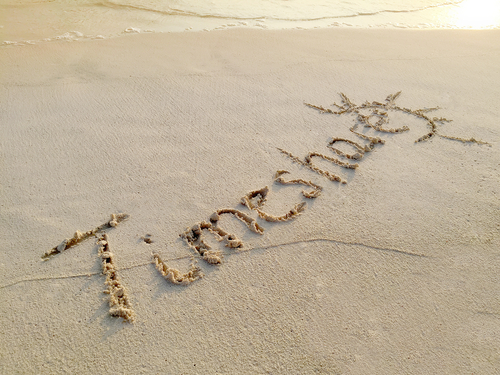Lawyer's timeshare-donation tax shelter was 'more of a bogus tax scheme,' 9th Circuit says

The 9th U.S. Circuit Court of Appeals at San Francisco has ruled against a Montana lawyer who promoted a timeshare-donation tax shelter that overvalued the properties. Image from Shutterstock.
A federal appeals court has upheld an $8.46 million penalty against a lawyer who promoted a timeshare-donation tax shelter that overvalued the properties.
The 9th U.S. Circuit Court of Appeals at San Francisco ruled against Montana lawyer James Tarpey in an Aug. 17 opinion.
Law360 has coverage.
A federal judge had imposed the penalty for Tarpey’s statements that donors could claim charitable deductions for the timeshares based on appraisals that inflated their value. The timeshares were advertised and sold on eBay for significantly less than the appraisal amount, according to prior allegations in the case.
Tarpey’s charity was Donate for a Cause, and his business handling closings for donated timeshares was Resort Closings. Timeshare owners had to pay a donation fee to the charity and had to pay timeshare transfer fees.
From 2010 to 2013, Donate for a Cause accepted at least 7,600 timeshare donations. A government expert said Tarpey earned more than $22 million in gross income from the operation. The statute at issue provided for a penalty of 50% of the gross income derived from false-statement activity.
Judge M. Margaret McKeown wrote the panel opinion.
“Through Donate for a Cause, James Tarpey pitched an attractive offer to customers looking to get rid of timeshares: Donate your unwanted property to us, we’ll get it appraised, and you’ll claim a charitable contribution deduction on your federal tax return,” McKeown wrote. “There was just one hitch. The timeshare-donation business was really more of a bogus tax scheme.”
The inflated valuations were provided by Tarpey, his sister and two appraisers, none of whom qualified as qualified appraisers under U.S. Treasury regulations.
Tarpey had sued after the Internal Revenue Service assessed penalties for making false statements or exaggerating valuations in connection with a tax shelter. Tarpey alleged that he wasn’t liable for penalties or, in the alternative, that the penalty calculations were inaccurate.
A federal judge found liability and calculated the penalty. The judge found that the penalty should be based on the entire arrangement to solicit timeshare donations, appraise the timeshares, and direct profits to other organizations. The judge also said income from the timeshare business should be imputed to Tarpey because he functioned as the nonprofit’s alter ego.
The 9th Circuit affirmed, ruling that the penalized activities constitute his entire timeshare-donation business, rather than funds derived from the false-statement appraisals that he provided.
“The activity here is not limited to the making of false statements in furtherance of a scheme but rather the organization and sale of the tax scheme writ large,” the appeals court said.
“The government does not need to limit itself to the funds directly coming from the false statement appraisals, as the 7,600 transactions made up an overarching scheme that flowed into further gross income for Tarpey” and Donate for a Cause, the appeals court said.



